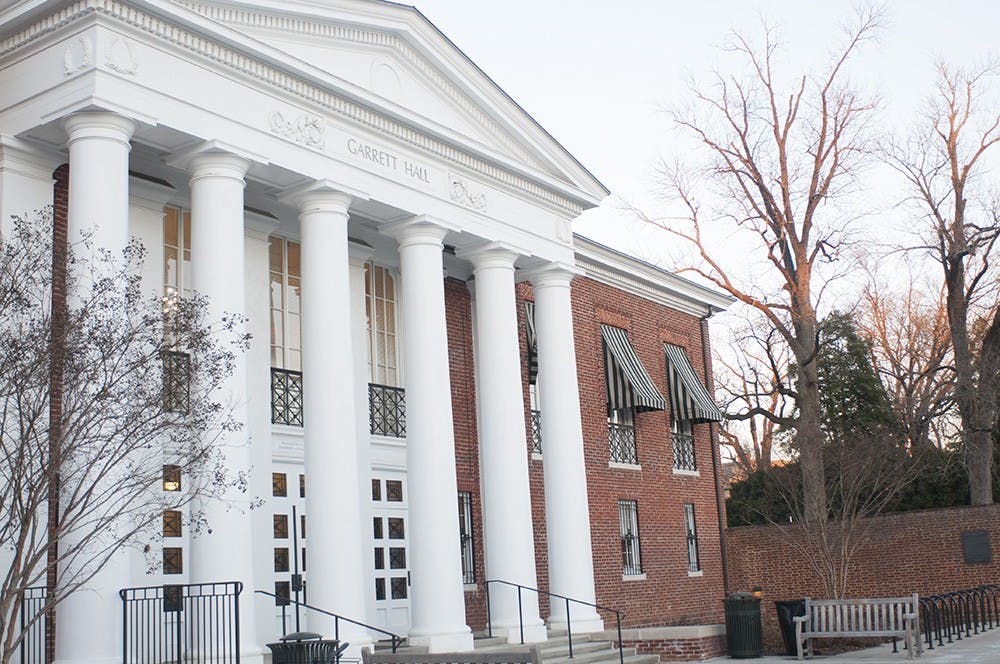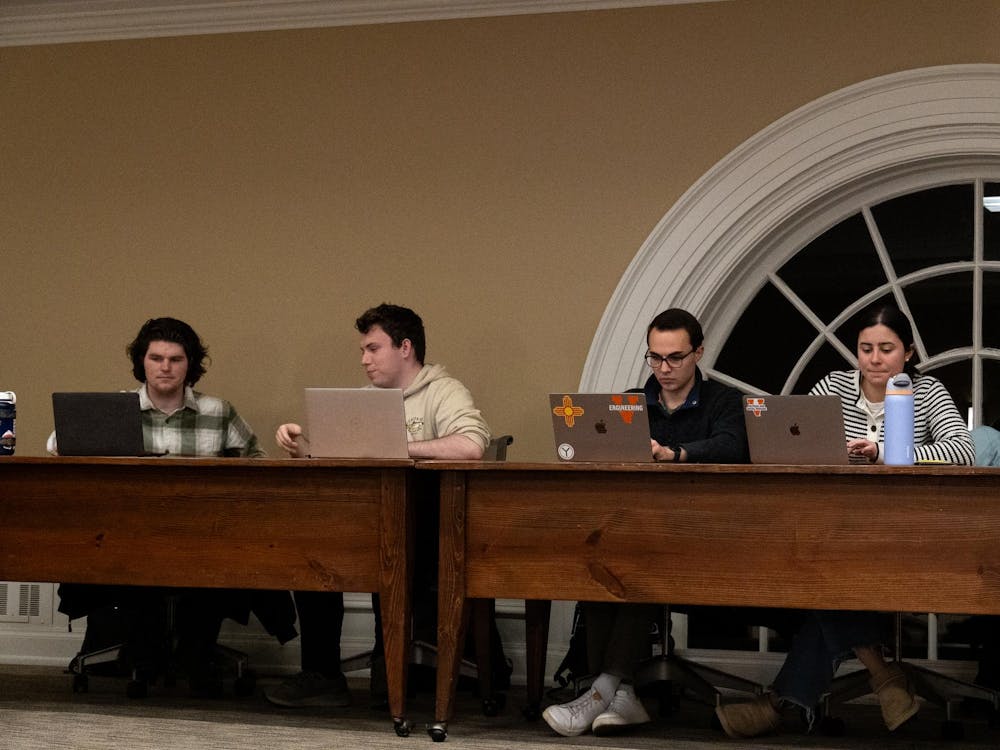The Batten School hosted a presentation on the politics of higher education Friday at Garrett Hall. Speakers included Education Prof. David Breneman and Prof. Suzanne Mettler, who teaches government at Cornell.
Mettler spoke about the changing landscape and the politics of higher education, as discussed in her recently published book “Degrees of Inequality: How the Politics of Higher Education Sabotaged the American Dream.”
“Today in contemporary political life, we are surrounded by policies that we created at an earlier point in time,” Mettler said. “[These are] policies that need upkeep. … [And] in our current political environment, we are doing a very bad job of that.”
Mettler addressed three policy areas specifically: the diminishing opportunity of federal student aid, sinking support for public colleges and universities, and the rise of for-profit colleges.
As the costs of tuition for public, private-nonprofit and for-profit universities increase, the amount of federal funds available for Pell Grants and Federal Student Aid lags behind, Mettler said. This forces students to turn to student loans to help pay for college, increasing the amount of student loan debt.
Increased polarization in Congress through time has impacted higher education policymaking as well. Disagreements about making amendments to existing policies make Congress’s inability or unwillingness to pass major policy changes unsurprising, Mettler said.
The federal government also needs to choose where it spends its money and where it can make sacrifices in spending.
“There’s been increasing competition with K-12 education, Medicaid and spending on prisons, Mettler said, “[all of which are] deterrent to spending on higher education.”
The lack of federal spending on universities gives way to the rise of for-profit universities, such as the ITT Technical Institute and the University of Phoenix, which charge more for tuition than public universities and have lower graduation rates.
Mettler said these for-profit universities create a united Republican front in Congress, with members endorsing them as part of the private sector.
“The American Dream is increasingly out of reach for many students,” Mettler said.
Breneman said Mettler’s book identifies political polarization in Congress and plutocratic governments as aspects contributing to the stratification of higher education.
“Higher education policy has a very significant impact on opportunity in the United States,” Mettler said. “In the middle of the 20th century, public policy made higher education a pathway to the American Dream; now it is becoming more stratified, like a caste system, reinforcing inequality instead.”
Graduate Education student Juliet Trail said she has watched students and friends struggle with the burden of the student loans that accompany many forms of higher education.
“I truly believe that we develop U.Va. students as leaders,” Trail said. “They need to be aware of the problems threatening our society so that they can address and solve these problems.”





